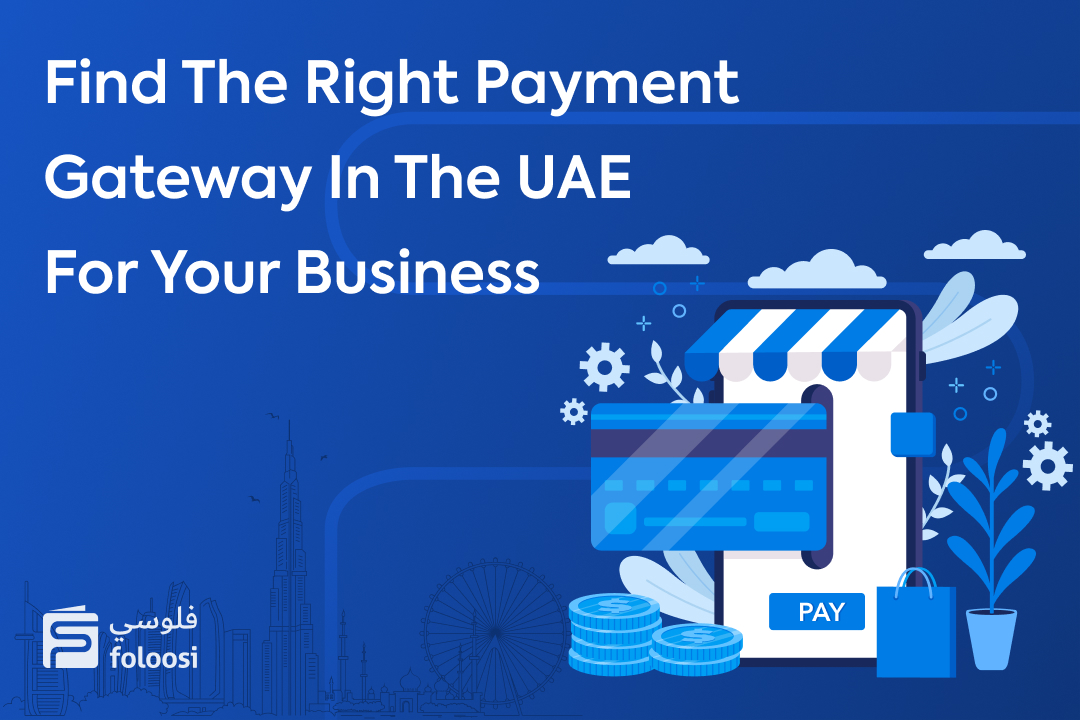
Payment gateways are the services that authorise credit card payments for online and offline businesses. It is the equivalent of a physical point-of-sale (POS) terminal in a shop or restaurant. It lets your customer submit their credit/debit card details and then securely passes this information from the customer to the merchant and then between the merchant and the bank.
Technologies that help merchants receive payments from their clients are called payment gateways. These are usually third-party payment processors and can be used for transactions on physical stores and online marketplaces
A payment gateway service can be provided by banks directly or a payment service provider authorised by a bank.
Step 1: A customer places their order makes a purchase from merchant’s website by clicking the Submit or Checkout button
Step 2: Once the customer enters the details, the website or the e-commerce platform takes the customer to a payment gateway to fill in the relevant information about the card(debit/credit) they are using to pay.
Step 3: The payment gateway then takes the user directly to the page of the issuing bank or a 3D secure page, asking for the transaction to be authorised by entering the OTP
Step 4: The bank will check whether the customer have enough fund balance on their account credit/debit card to process the payment
Step 5: The payment gateway sends encrypted card information to the card scheme to process the transaction
Step 6: Once the card scheme confirmed the transaction “YES” or “No” The payment gateway respond back to the merchant based on the response from the card scheme to the merchant website to complete the transaction
Step 7: The acquiring bank will settle the amount to the merchant with the payment gateway
The whole process of transaction will happen in a few seconds and the settlement to the merchant will take a few days. The payment gateway holds the specified period of time to keep a margin, fraud claims or chargebacks
Accepting payments via online considers different types of methods. As a merchant they can integrate with multiple payment methods such as debit card transaction, credit card transaction, Apple pay, Samsung Pay and much more
There are a number of factors you need to check the payment gateway which includes
• Is that a payment gateway available in the UAE?
• Check if the entire transaction goes through HTTPS which is secured
• When it comes to choosing a payment gateway, security is a major concern. It should be PCI/DSS Certified compliant as a business owner, so ensure that your payment gateway encrypts the customer card details to secure the payment
• Payment gateway are always secured with fraud prevention features for their merchants account too
• Check whether your payment gateway allows your shopping cart to integrate with. Now the payment gateways allow the merchants to customise their shopping cart
PCI/DSS Compliance: PCI DSS refers to Payment Card Industry Data Security Standard, a list of practices for merchants accepting payment to comply. By meeting PCI DSS Compliance, businesses will improve the security of card transactions and protect cardholder info from being stolen
Fraud Screening tools: Many payment gateway provides merchant with the fraud/AML screening tools to secure the transaction a process that detects scams and prevents fraudsters from obtaining money or property through false means